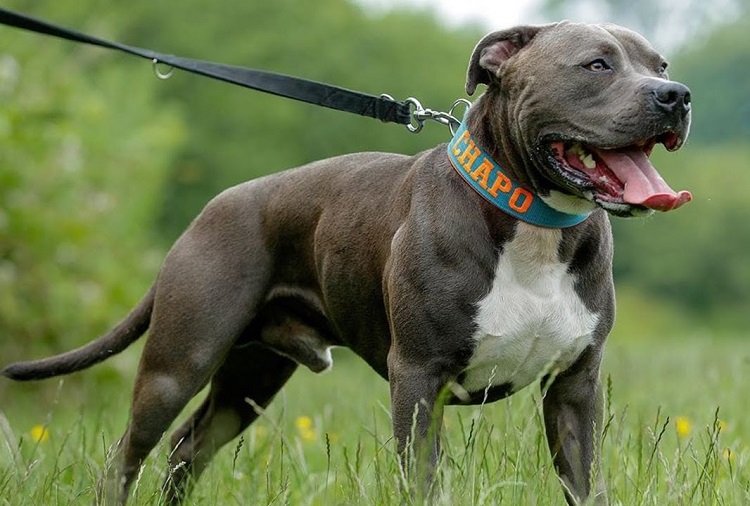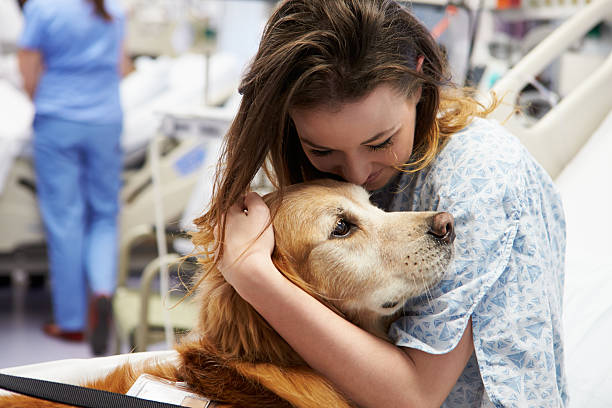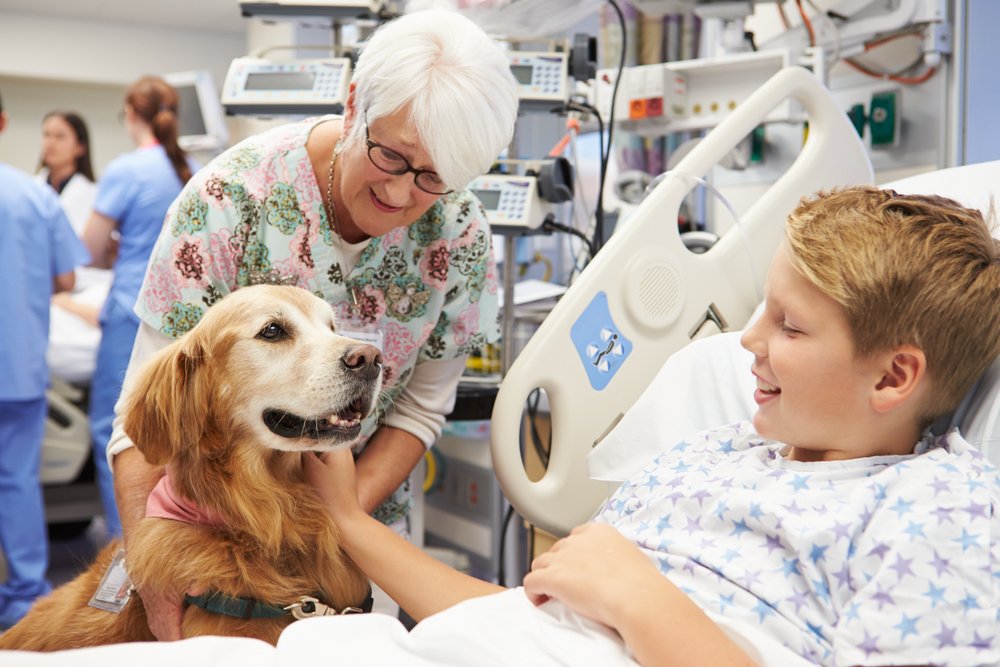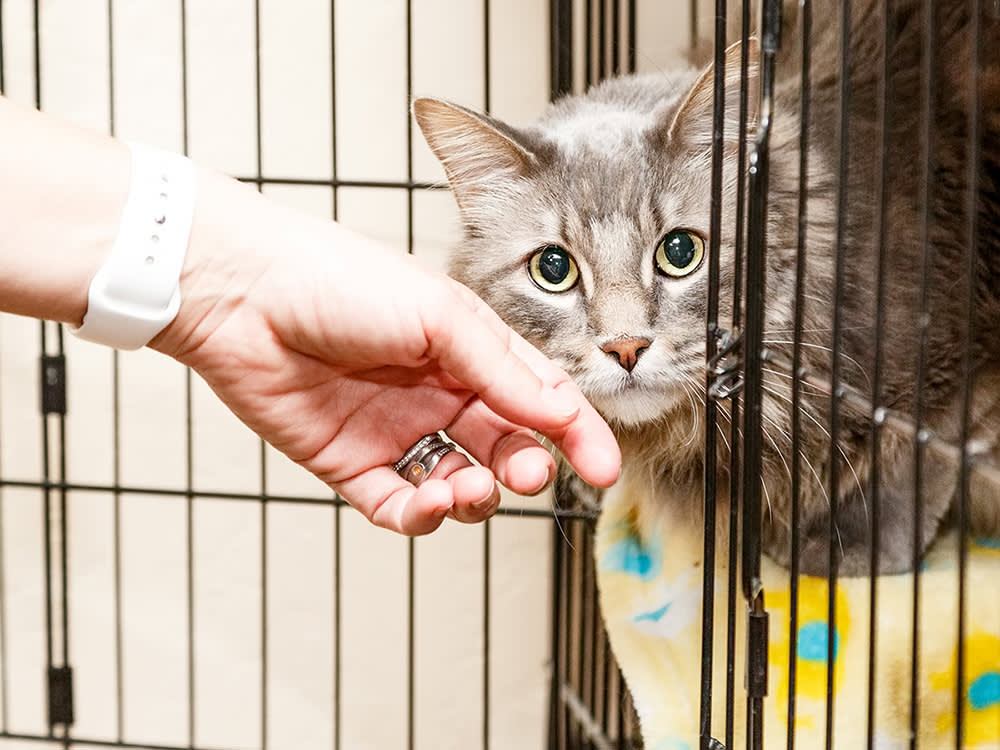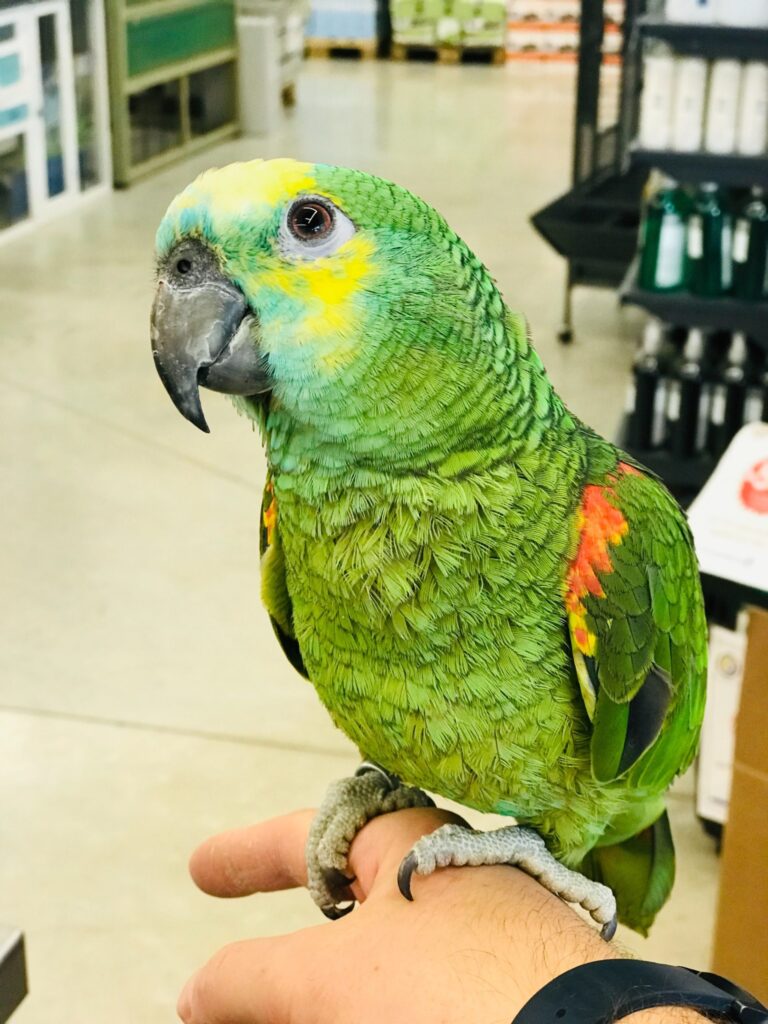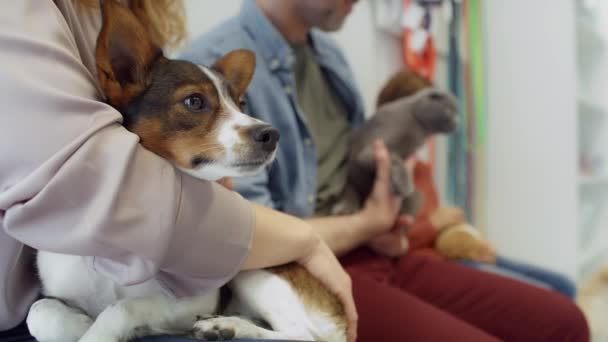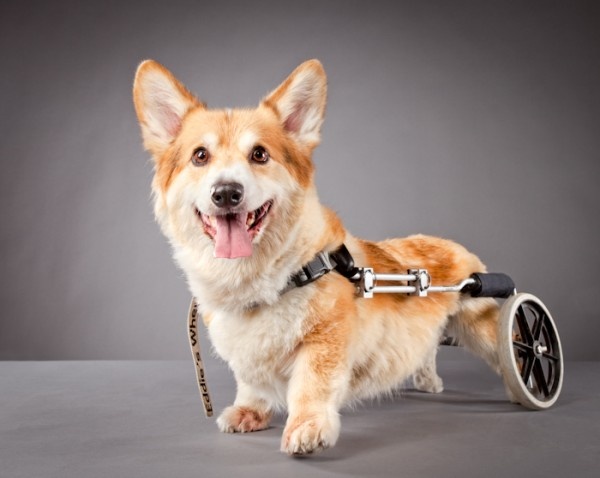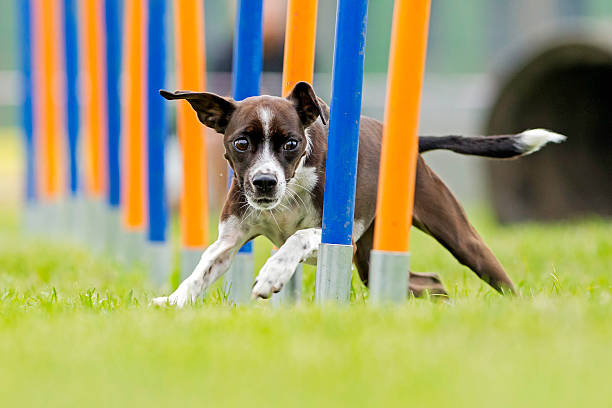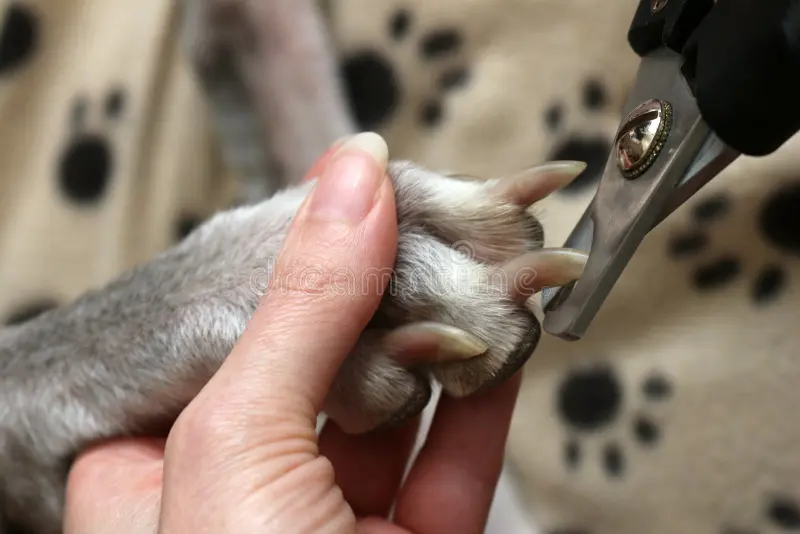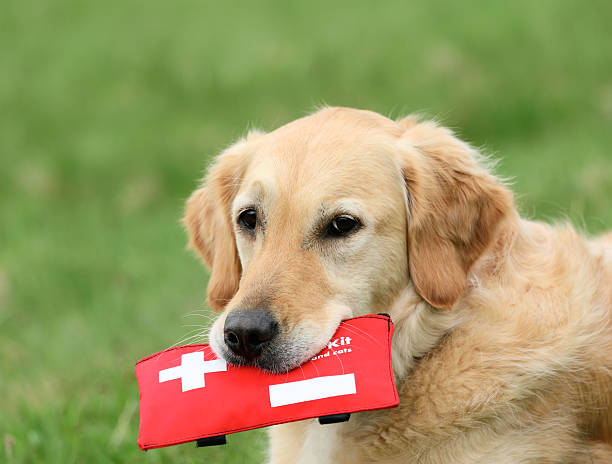5 Incredible Tips for Adopting a Special Needs Pet

Welcoming a pet into your home is a joyous occasion, but for many, the decision to adopt a special needs pet comes with unique considerations.
Adopting a special needs pet can be a deeply rewarding experience, offering love, companionship, and a chance to make a meaningful difference in an animal’s life. Special needs pets may have physical disabilities, medical conditions, or behavioral challenges, but they are just as deserving of a loving home as any other pet.
In this article, we’ll explore the world of special needs pets, from understanding their challenges, finding the perfect match and providing the care they deserve to incredible tips that will help you along the way.
Understanding Special Needs Pets
- Types of Special Needs
Special needs in pets encompass various conditions like physical disabilities (limb deformities, blindness), chronic medical issues (diabetes, arthritis), behavioral challenges (anxiety, aggression), age-related conditions (cognitive dysfunction, mobility issues), special dietary needs, emotional trauma, and terminal illnesses requiring hospice care. Pets with special needs often require tailored care, such as mobility aids, medication, behavioral training, dietary adjustments, and emotional support.
Adopting or caring for a special needs pet involves commitment, compassion, and collaboration with veterinarians, specialists, and trainers to ensure their well-being and quality of life. It’s essential to understand the specific needs of each pet, create a supportive environment, and provide patience, consistency, and love.
With proper care and attention, special needs pets can lead happy, fulfilling lives and form deep bonds with their caregivers. Adoption of these pets not only transforms their lives but also brings immense joy and satisfaction to compassionate pet owners willing to embrace the challenges and rewards of caring for pets with unique needs.
- Challenges and Rewards
Adopting a special needs pet presents unique challenges and rewards. The challenges include managing their medical and care needs, addressing behavioral issues, emotionally investing in their well-being, and making logistical adjustments at home. Special needs pets may require specialized medical care, behavioral training, and modifications to the living environment, which can be time-consuming and emotionally taxing for caregivers.
However, the rewards of adopting a special needs pet are profound. These pets offer unconditional love, loyalty, and a deep bond with their caregivers. Caring for them provides a sense of purpose and personal growth, fostering empathy, resilience, and a greater understanding of overcoming challenges. Despite their difficulties, special needs pets bring moments of joy, happiness, and fulfillment to their owners.
Celebrating their small achievements and witnessing their resilience can be incredibly rewarding, highlighting the transformative impact of providing a loving home to a pet in need. Overall, while adopting a special needs pet requires dedication and commitment, the rewards of companionship and the positive difference made in their lives make it a deeply meaningful and fulfilling experience for compassionate pet owners.
Preparing for Pet Adoption
- Assessing Your Abilities and Resources
Before adopting, it’s essential to assess your abilities, lifestyle, and resources realistically. Consider your availability, financial situation, living space, and any existing pets or family members to ensure you can provide the necessary care and support.
- Researching Special Needs Requirements
Research the specific needs and requirements of the type of special needs pet you’re considering. Educate yourself about their condition, treatment options, and potential challenges to make an informed decision about adoption.
If you’re considering adopting a special needs pet, here are five incredible tips to help you along the way:
1. Educate Yourself About Pets with Special Needs
Before diving into adoption, take the time to educate yourself about the specific needs and challenges that your chosen pet may have. This includes researching their medical condition or disability, understanding any required treatments or accommodations, and learning about their behavioral needs. Seek guidance from veterinarians, animal behaviorists, and experienced pet owners to gain valuable insights into caring for a special needs pet.
2. Choose the Right Pet for Your Lifestyle
Consider your lifestyle, living situation, and resources when choosing a pet with special needs. Some pets may require specialized care, frequent vet visits, or modifications to your home environment. Assess your ability to meet these needs and choose a pet whose requirements align with your capabilities and commitment level. For example, if you work long hours, a pet with separation anxiety may not be the best fit.
3. Find a Reputable Rescue or Shelter
Work with reputable animal rescues or shelters that specialize in special needs pets. These organizations often have experience caring for and rehabilitating animals with various challenges. They can provide valuable information about the pet’s history, medical records, and temperament, helping you make an informed decision about adoption. Avoid purchasing pets from unverified sources or online platforms without proper background checks.
4. Prepare Your Home and Environment
Create a safe and comfortable environment for your new pet before bringing them home. Make necessary modifications such as installing ramps or safety gates for mobility-impaired pets, securing hazardous areas, and providing appropriate bedding and accessories. Consult with your veterinarian or a pet care professional to ensure your home is pet-friendly and conducive to their specific needs.
5. Be Patient, Compassionate, and Consistent
Adopting a pet with special needs requires patience, compassion, and consistency. Understand that your pet may require extra time to adjust to their new surroundings and routines. Be prepared for setbacks and challenges along the way, but remain committed to providing love, care, and support. Work closely with veterinarians, trainers, or behaviorists to develop a customized care plan and address any issues that arise.
Adjusting to Your New Family Member
- Creating a Supportive Environment
Create a supportive and accessible environment for your new pet. Make necessary accommodations, such as ramps, orthopedic bedding, or modified feeding stations, to ensure their comfort and safety.
- Building Trust and Bonding
Building trust and bonding with your pet may take time and patience. Approach interactions with kindness, consistency, and positive reinforcement to help your pet feel secure and loved in their new home.
Conclusion on Adopting a Special Needs Pet
Adopting a pet with special needs is a heartfelt commitment that can bring immense joy and fulfilment to both you and your new furry friend. By educating yourself, choosing wisely, partnering with reputable rescues, preparing your home, and showing patience and compassion, you can create a loving and supportive environment where your special needs pet can thrive and live their best life.
Remember, adopting a pet is a lifelong commitment, and with the right care and dedication, special needs pets can bring boundless love and companionship into your home.
Are you ready to make a difference in a pet’s life? Consider adopting a pet with special needs and embark on a remarkable journey of love and resilience. don’t forget to say your experience in the comment section!
Are there dogs that are special needs?
Yes, there are dogs that are considered special needs. These dogs may have various conditions or challenges that require extra care, attention, and accommodation from their caregivers.
What makes a cat special needs?
A cat is considered special needs when it has physical disabilities (like blindness or mobility issues), chronic medical conditions (such as diabetes or kidney disease), behavioral challenges (like anxiety or aggression), or requires specialized care due to age-related issues (such as cognitive dysfunction or arthritis).
How do you know if a dog has autism?
Dogs don't have autism in the same way humans do. However, they can exhibit behaviors similar to autism, such as social withdrawal, repetitive actions, and difficulty with communication, which may indicate underlying issues needing assessment by a veterinarian or behaviorist.






